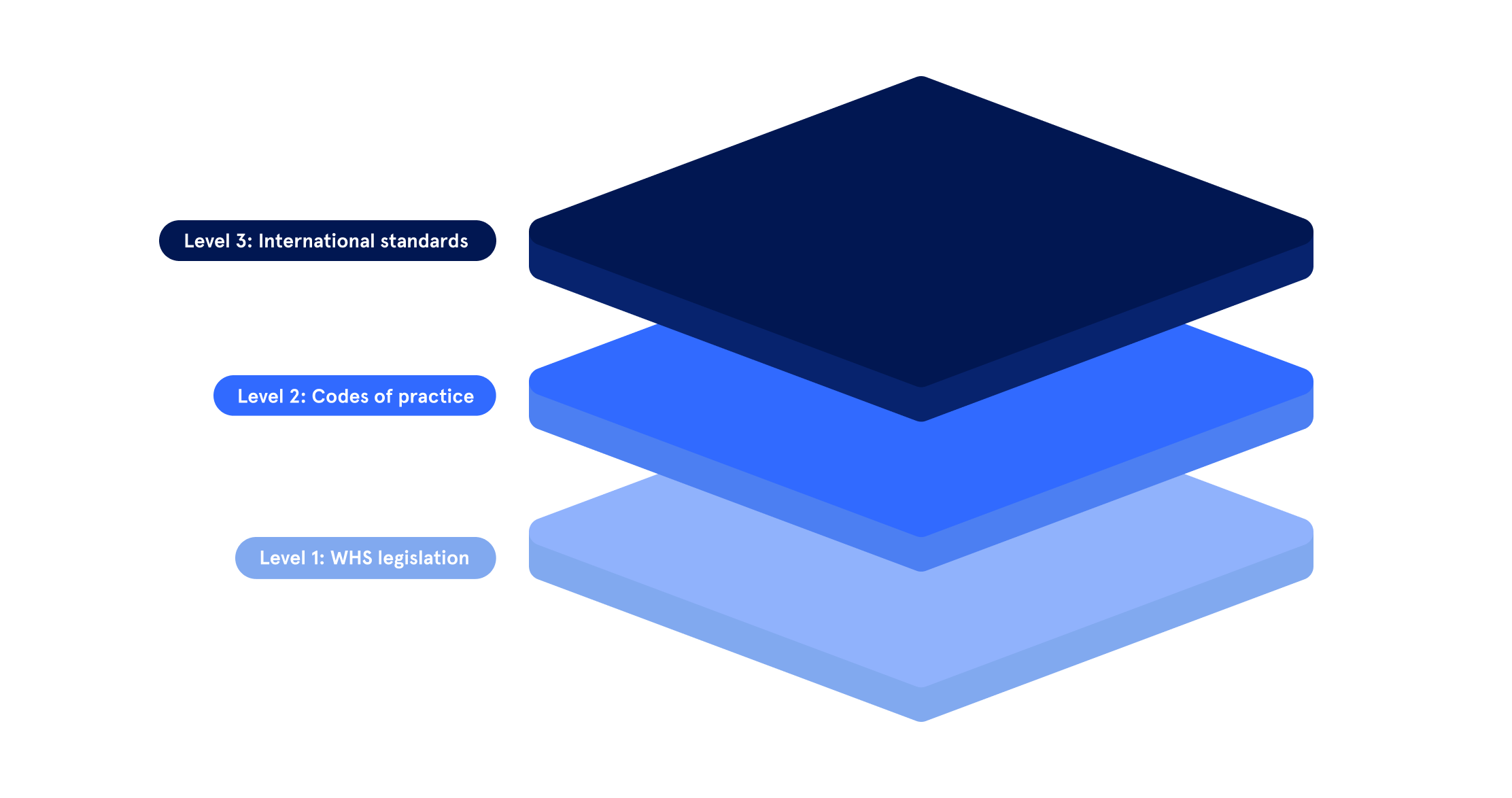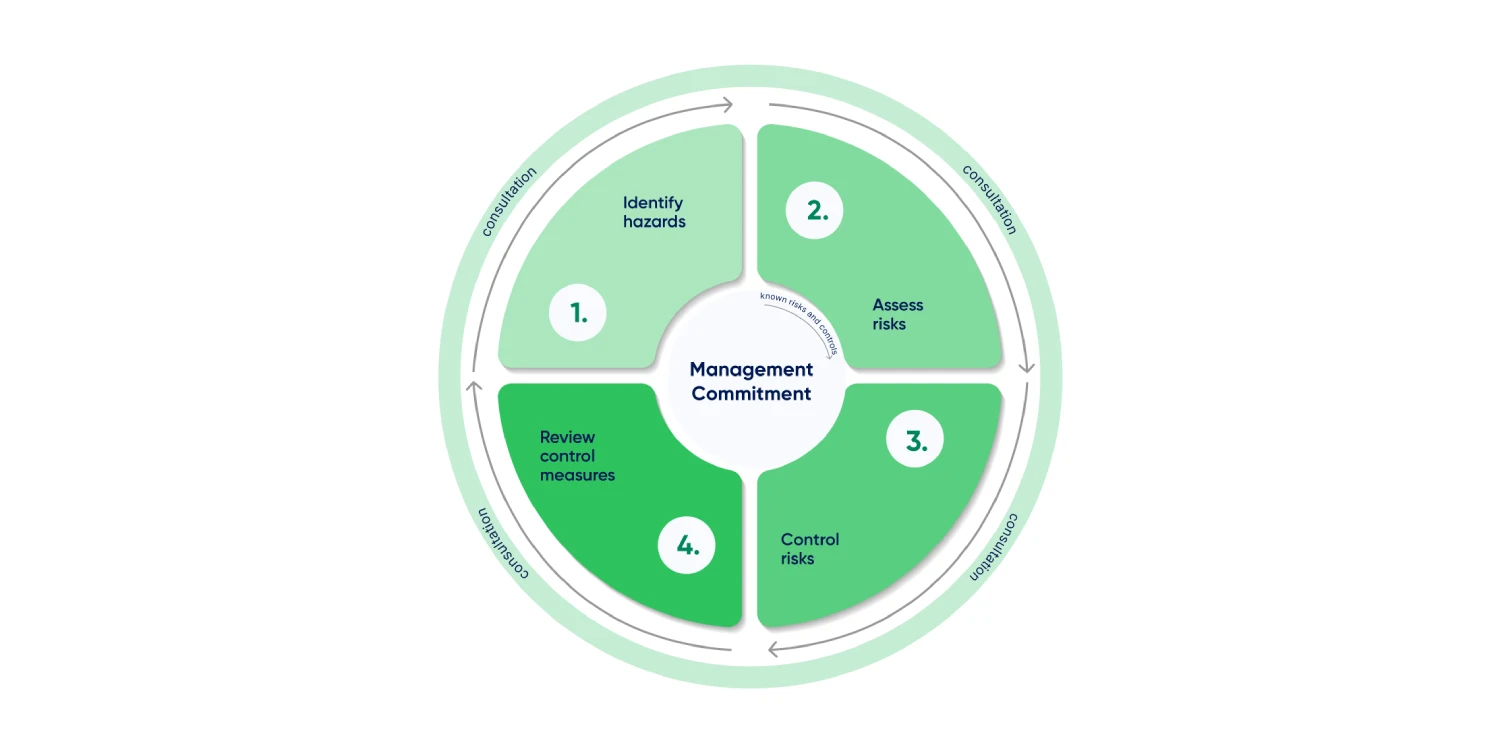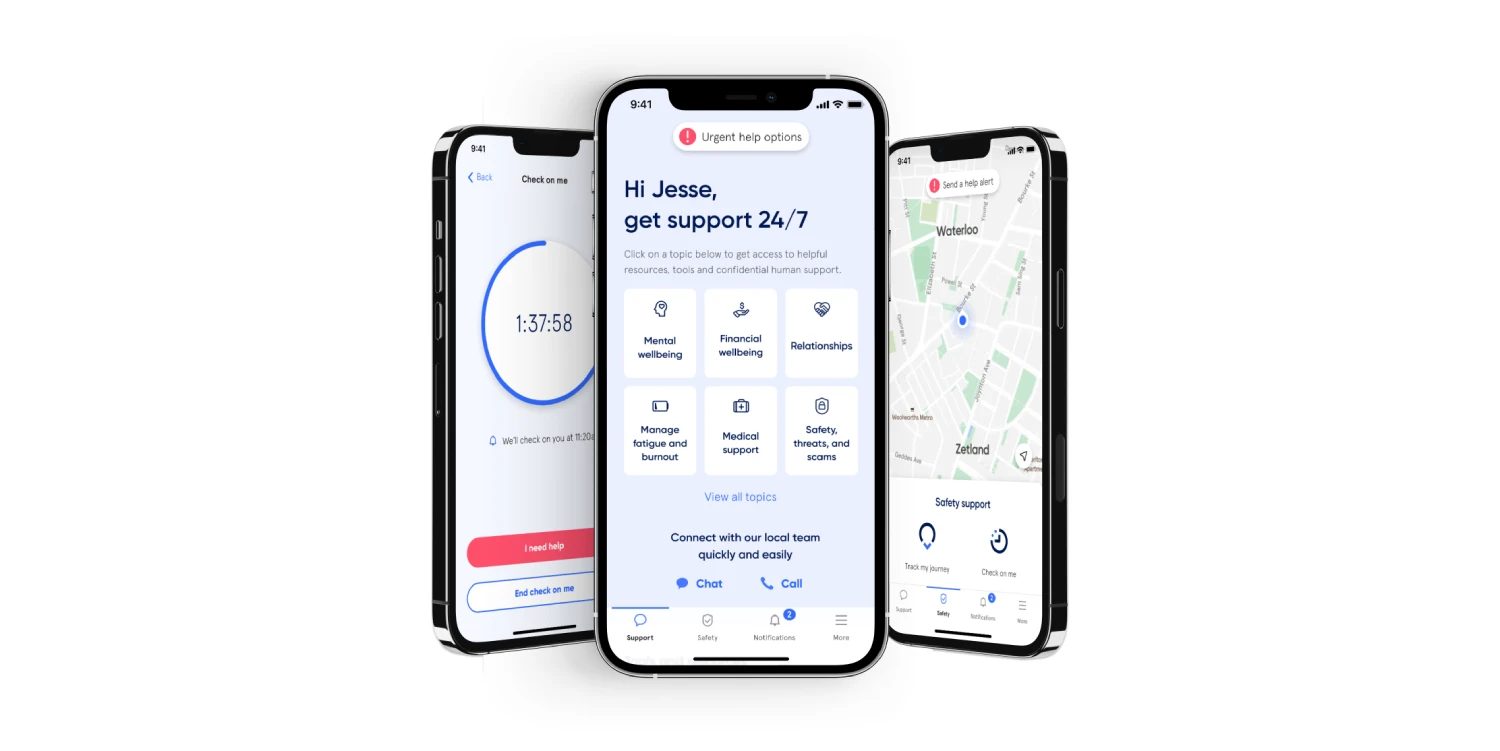Employers are facing new challenges as recent regulatory updates extend employers obligations to safeguard employee mental health and wellbeing.
This involves taking reasonably practicable steps to prevent harm from psychosocial hazards, such as unreasonable work demands, poorly designed work, and lack of support systems.
Yet despite heightened expectations from regulators, many workplaces have room to improve their approach to health and wellbeing. Sonder’s research found that 35% of employees have taken time off work in the last 12 months for mental ill-health reasons.
In order to help leaders stay competitive, compliant and strengthen their organisation’s reputation, Sonder has partnered with Australian Psychological Services, to create a guide that explores the regulatory landscape in Australia and New Zealand.
Download it here for actionable steps for implementing psychosocial risk management methods, or keep reading for an overview.
Navigating risk management
Created in partnership with Australian Psychological Services, your guide to regulatory requirements and strategies that’ll enhance employee wellbeing and ensure compliance.
Wellbeing and psychological health and safety
Psychosocial refers to the interconnection of psychological and social aspects. In the workplace context, psychosocial factors include elements of the way work is designed and managed, how people interact and the work environment. They can be positive and protective of wellbeing (e.g., strong leadership support, strong co-worker support) or negative and potentially harmful to physical and mental wellbeing.
Psychosocial hazards have the potential to cause psychological or physical harm. Common hazards include:
- Lack of role clarity
- Excessive work demands
- Poor support from supervisors and peers
- Poor organisational change management
- Bullying and harassment
- Remote or isolated work
- Violent or traumatic events
- Lack of control of the work and working methods
- Inadequate recognition and/or unfair reward systems
Psychosocial risk relates to the likelihood and consequence of harm if the exposure to hazard(s) are not managed. Unmanaged psychosocial risks have the potential to lead to a number of negative individual and organisational outcomes including:
- Mental health disorders, such as anxiety and depression
- Physical health problems, such as chronic fatigue or cardiovascular issues
- Reduced productivity
- Increased absenteeism and turnover
- Counterproductive work behaviours
- Workplace conflict
- Burnout
- Poor organisational reputation
- Workplace accidents
In our guide, we share examples of when failure to manage psychosocial risks has led to significant damage at both an individual and organisational level.
The regulatory landscape in ANZ
For many leaders, knowing where to start can be difficult. Recent regulatory developments offer useful guidance to help organisations navigate compliance and build a healthier, safer workplace.
There are three primary levels of regulations and guidelines across Australia and New Zealand.
- Level 1: WHS legislation
- Level 2: Codes of practice
- Level 3: International standards

In our guide, we share how each of these levels can be used by organisations, and provide an overview of ISO 45003, the first global standard that provides specific guidance on the management of psychosocial risks and promotion of wellbeing at work. Published in June 2021, ISO 45003 is essentially a risk management tool to help organisations in their shared responsibility to build safer and healthier workplaces.
Putting it in practice
It’s important to remember that regulations and guidelines offer a standard for best practice and compliance, not a magic wand. The journey to appropriately managing psychosocial hazards and supporting employees will differ for every organisation.
With expert advice from Australian Psychological Services, our guide offers a four step process to navigating psychosocial risk management:
- Identify hazards
- Assess the associated risks
- Implement control measures
- Regularly review control measures

Download Sonder’s guide to navigating psychosocial risk management
For a deep dive into the new regulations and expert strategies to enhance employee wellbeing, download the full guide. It includes:
- How to identify and manage psychosocial hazards in the workplace.
- The latest regulatory requirements in Australia and New Zealand.
- Practical steps to support employee wellbeing and ensure compliance.
Protect your people and your business with Sonder
Sonder is an employee health and safety platform that provides the right care at the right time for personal safety, medical, and mental health needs. The Sonder app offers 24/7 immediate connection to expert support via chat or call, personal safety tools like smart check-ins and journey tracking, and access to wellbeing resources such as personal assessments and self-care content.

For more information about how Sonder can help you reduce people related risks and costs, ensure compliance, and build a resilient, productive workforce, contact us here.
About Sonder
Sonder is a technology company that helps organisations improve the wellbeing of their people so they perform at their best. Our mobile app provides immediate, 24/7 support from a team of safety, medical, and mental health professionals – plus onsite help for time-sensitive scenarios. Accredited by the Australian Council on Healthcare Standards (ACHS), our platform gives leaders the insights they need to act on tomorrow’s wellbeing challenges today.



